Meeting demand: A manufacturer’s perspective
By Holly O’Dell
It wasn’t a tough sell for Aurora Specialty Textiles Group of Aurora, Ill., to board the green train within the last three to five years. “People are more aware now about environmental issues than they were a few years ago,” says Jeff Leagon, Aurora’s vice president, business development. “It was a combination of that general awareness and encouragement from some of our larger customers that led us to move in that direction.”
In 2007, the company explored opportunities to produce greener woven textiles for the printable sign and banner market. The result: Weaves of Green, made of 100-percent post-consumer content available in a range of constructions and weights.
“Even though the Weaves of Green fabrics are considerably more expensive than comparable non-recycled polyester fabrics, sales are strong and growing because the graphics market is not as price sensitive,” Leagon explains. “The insistence for the eco-friendly products is higher in the sign/banner and graphics market than it is in more mature, traditional textile markets.”
Initiatives from a services standpoint include working to attain certification as a finisher of organic cotton fabrics from the Institute for Marketecology, as well as developing a cotton dyeing pretreatment process that gives the fiber an affinity for dye and uses fewer chemicals, less water and less energy. For its Illinois plant, Aurora is pursuing ISO 14001, an international certification that addresses energy efficiency, climate change and health.
Aurora’s Fab Recycle program allows customers to return polyester banners and scraps for recycling; the company recycles its own scraps as well. The used fabric—33,000 pounds over the course of a year—is integrated into products such as insulation and carpet padding.
For its manufacturing and office areas, employees recycle cans, bottles, cardboard, paper, plastic, wood pallets and packaging used in incoming raw materials. Energy-efficient lighting is installed in the Illinois and South Carolina offices—the latter of which underwent a no-cost waste assessment survey from the state’s Department of Health and Environmental Control.
Aurora has realized several important results from its sustainable initiatives. “We certainly have seen some sales that we would not have had otherwise,” Leagon notes. Cost savings from reducing, reusing and recycling have been achieved. Leagon acknowledges that going green can have certain costs—especially when it comes to hiring consultants for certifications.
The company faced one significant challenge in implementing environmental practices. “One of the obstacles is dedicating time and personnel to see these things through,” Leagon says. “For a company our size, it is not feasible for us to have people dedicated full time to these types of initiatives. We had to determine how to pursue these initiatives while maintaining the business and complete them using available resources.”
Still, the transformation to a greener company has only benefitted Aurora. “Knowing that going green is the right thing to do is one thing,” Leagon says. “But having a program and process in place that can be verified, and where everyone is trained, is always better.”










